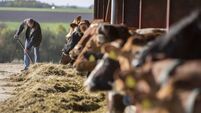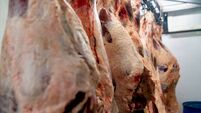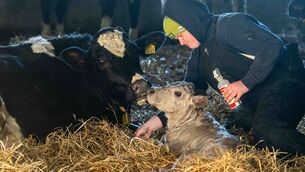Farmers react with caution to new TB eradication plan and 30 proposed actions

The ICSA’s John Barron has called for another TB forum without delay.
Farming organisations have reacted with reservations surrounding the new 30 actions announced in Ireland's new TB plan.













